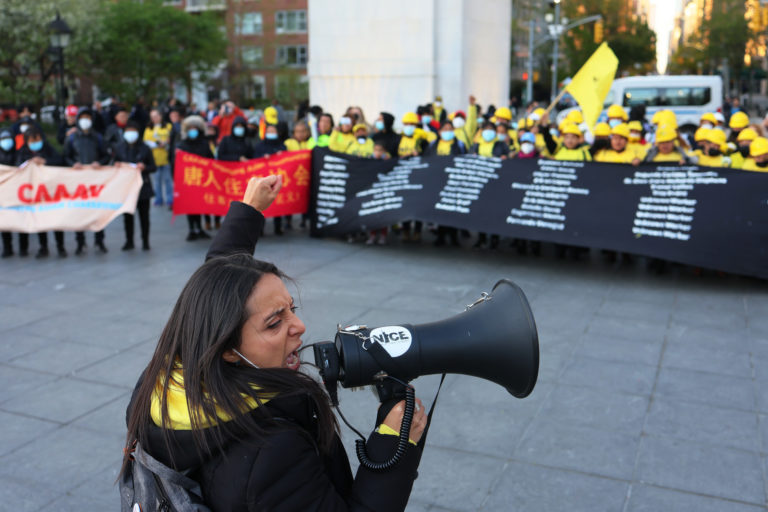The New York Times reports on an announcement by the Obama Administration that it would provide financial assistance to certain health insurance companies to offset potential losses caused by the administration’s recent decision to allow insurers to renew their current policies for another year–even if those current policies do not meet the minimum requirements of the Affordable Care Act. The administration also announced a proposal to exempt certain health plans sponsored by labor unions from new fees imposed on insurance companies and on many self-insured group health plans. Labor unions have lobbied heavily for this exemption, arguing that the fees would be highly disruptive to Taft-Hartley plans administered jointly by labor and management.
Illinois lawmakers will vote today on a plan to solve the state’s $100 billion pension crisis, reports the Washington Post. The plan could deeply reduce the retirement benefits of hundreds of thousands of workers, and is staunchly opposed by labor unions. Illinois has one of the worst-funded pension systems of any state in the nation, largely because the state has regularly failed to make its full payments to the funds for decades.
The Washington Post also reports on a preliminary vote scheduled for today in the D.C. Council to increase the District’s minimum wage to $11.50 an hour. Democratic mayor Vincent Gray supports raising the minimum wage from its current $8.50 to a maximum of $10.00 an hour, but the minimum wage bill already has enough support to override a potential mayoral veto. Washington Post columnist Petra Dvorak writes an opinion piece in support of the D.C. Council’s proposed wage increase here.
Global manufacturing activity sped up in November, raising hopes for a broader global economic turnaround in the coming year, reports the New York Times. In the United States, factories are producing at the fastest pace since 2011. A separate survey by the government also showed that construction spending is on the rise in the U.S, much of it due to a surge in government-funded construction.
The Wall Street Journal reports on a minimum wage increase in Bangladesh that kicked in over the weekend, benefiting millions of Bangladeshi garment workers. The minimum wage is now around $67 a month, comparable to the minimum wages in India, Sri Lanka, and Cambodia. Factory owners complain that the increase will reduce the competitiveness of Bangladeshi factories.






Daily News & Commentary
Start your day with our roundup of the latest labor developments. See all
December 22
Worker-friendly legislation enacted in New York; UW Professor wins free speech case; Trucking company ordered to pay $23 million to Teamsters.
December 21
Argentine unions march against labor law reform; WNBA players vote to authorize a strike; and the NLRB prepares to clear its backlog.
December 19
Labor law professors file an amici curiae and the NLRB regains quorum.
December 18
New Jersey adopts disparate impact rules; Teamsters oppose railroad merger; court pauses more shutdown layoffs.
December 17
The TSA suspends a labor union representing 47,000 officers for a second time; the Trump administration seeks to recruit over 1,000 artificial intelligence experts to the federal workforce; and the New York Times reports on the tumultuous changes that U.S. labor relations has seen over the past year.
December 16
Second Circuit affirms dismissal of former collegiate athletes’ antitrust suit; UPS will invest $120 million in truck-unloading robots; Sharon Block argues there are reasons for optimism about labor’s future.